
GM engine class action overview:
- Who: A group of seven consumers filed a class action lawsuit against General Motors LLC.
- Why: The plaintiffs allege GM’s recall remedy for an engine defect in its 6.2-liter V-8 engines forces vehicle owners to pay hundreds of dollars more for gasoline.
- Where: The GM engine class action was filed in Pennsylvania federal court.
A new class action lawsuit alleges General Motors’ recall remedy for an engine defect in its 6.2-liter V-8 engines forces vehicle owners to pay hundreds of dollars more for gasoline.
Lead plaintiff Thomas McNamara filed the class action complaint against General Motors LLC on May 12 in Pennsylvania federal court, alleging violations of state and federal consumer laws.
According to the GM recall class action lawsuit, the company’s recall remedy for the engine defect requires owners to use higher-viscosity motor oil, which decreases fuel economy and results in increased fuel costs.
The plaintiffs claim GM’s solution leaves owners with two bad options: risk catastrophic engine failure or pay hundreds of dollars more for gasoline.
The lawsuit alleges GM knew about the engine defect, which causes catastrophic engine failure, and issued a recall for nearly 600,000 vehicles in the United States. A separate class action lawsuit over the same issue (Houchin, et al. v. General Motors LLC) calls the recall “inadequate.”
GM engine defect caused vehicles to consume more fuel, plaintiffs claim
The plaintiffs claim GM’s recall remedy, which involves using thicker motor oil, increases fuel consumption by at least 3-4%.
They argue this change results in significant financial harm to consumers, with the cost of extra fuel amounting to nearly $1,000 over the vehicle’s lifespan.
“Testing will demonstrate the precise effects of the thicker oil required by the recall, but suffice it to say that the financial harm will be significant both on an individual and classwide basis,” the GM class action states.
The plaintiffs seek to represent anyone who purchased or leased a recalled GM vehicle. They are suing for breach of warranty and violations of state and federal consumer laws and are seeking certification of the class action, damages, fees, costs and a jury trial.
In yet another class action lawsuit against GM, the beleaguered automaker agreed to settle claims that certain vehicles have a defective electronic gear shifter that can cause rollaway accidents. The deadline to submit a claim for the GM defective shifter settlement is July 25, 2025.
What do you think of the allegations in this GM engine class action lawsuit? Let us know in the comments.
The plaintiffs are represented by Scott Alan George and Christopher A. Seeger of Seeger Weiss LLP and Kevin Budner, David Stellings, Katherine McBride and Miranda Litwak of Lieff Cabraser Heimann & Bernstein LLP.
The GM engine class action lawsuit is McNamara, et al. v. General Motors LLC, Case No. 2:25-cv-02410, in the U.S. District Court for the Eastern District of Pennsylvania.
Don’t Miss Out!
Check out our list of Class Action Lawsuits and Class Action Settlements you may qualify to join!
Read About More Class Action Lawsuits & Class Action Settlements:




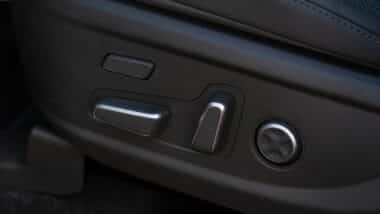
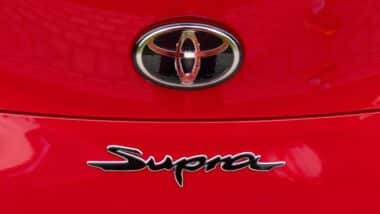


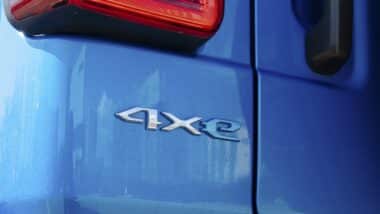


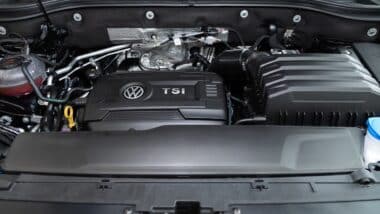


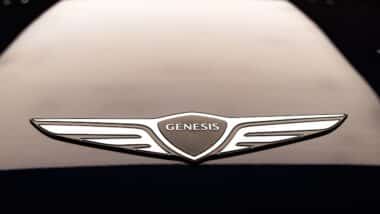
44 thoughts onGM sued again over defective V-8 engines in 600,000 recalled vehicles
Please add me to this class action suit for all the reasons already listed.
What if you already had an engine failure like I have with my 2019 Chevrolet 1500 with the same 6.2 liter L87 engine. Dealer and GM refuse to help, it has been at dealer waiting for new $12,000 motor for over 30 days they say they don’t know when I will get a new motor. I’m highly PISSED. I would like to join in or even bring a suit myself. I have heard of people with same problem as mine. They said GM paid half of the cost of a new motor. That would be better then nothing.
Add me
Please add me as a class representative plaintiff.
As a concerned owner of a GM vehicle, I want to express my serious reservations regarding the ongoing issues with the L87 engine recall. While GM currently estimates a 3% failure rate, it’s reasonable to expect that number to increase over time as more engines experience issues outside of the initial failure window.
This issue is already having a chilling effect on the used vehicle market. Informed buyers conducting due diligence are increasingly steering clear of these models due to the mounting negative publicity, which has already begun to depress both the resale and trade-in value of my GM vehicle.
Even more troubling is GM’s recommended recall mitigation for engines that pass the PicoScope test on connecting rods and bearings—namely, switching to 0W-40 oil, a thicker grade than originally specified. While this may reduce the risk of premature engine failure, it does not offer a sufficient long-term solution and results in decreased fuel efficiency and higher operating costs over time. Additionally, the recall’s recommended switch from standard 0W-20 oil to the Mobil 1 Dexos-certified “Supercar” 0W-40 blend increases maintenance costs, as it is $3 to $4 more per quart—an expense that adds up quickly with my vehicle’s 8-quart oil capacity.
And frankly, the peace of mind that should come with owning a premium $90,000 vehicle is eroded when I have to wonder whether my engine might fail — especially if I’m in a remote or unsafe area when it happens.